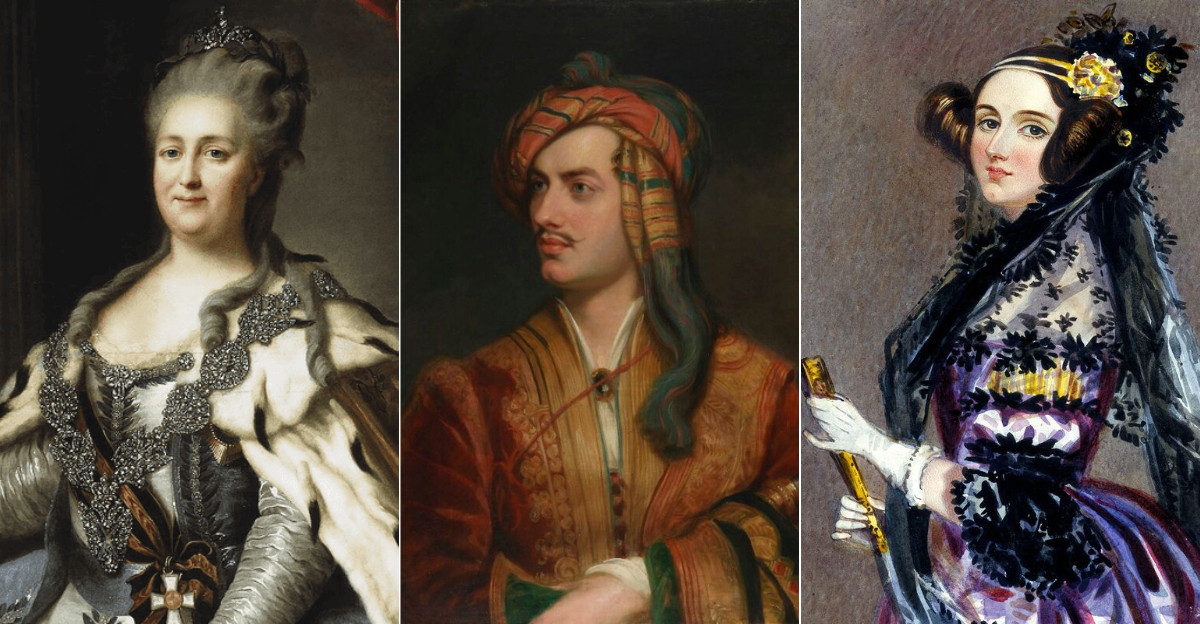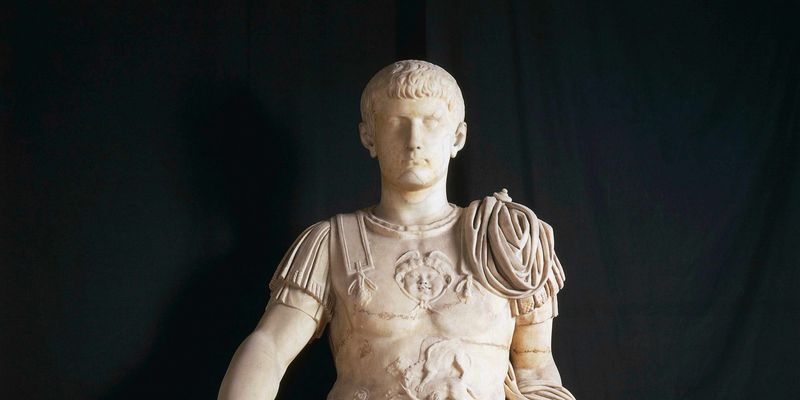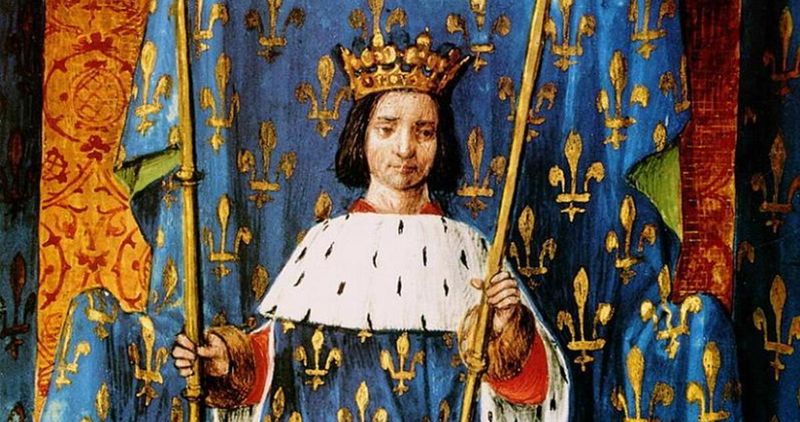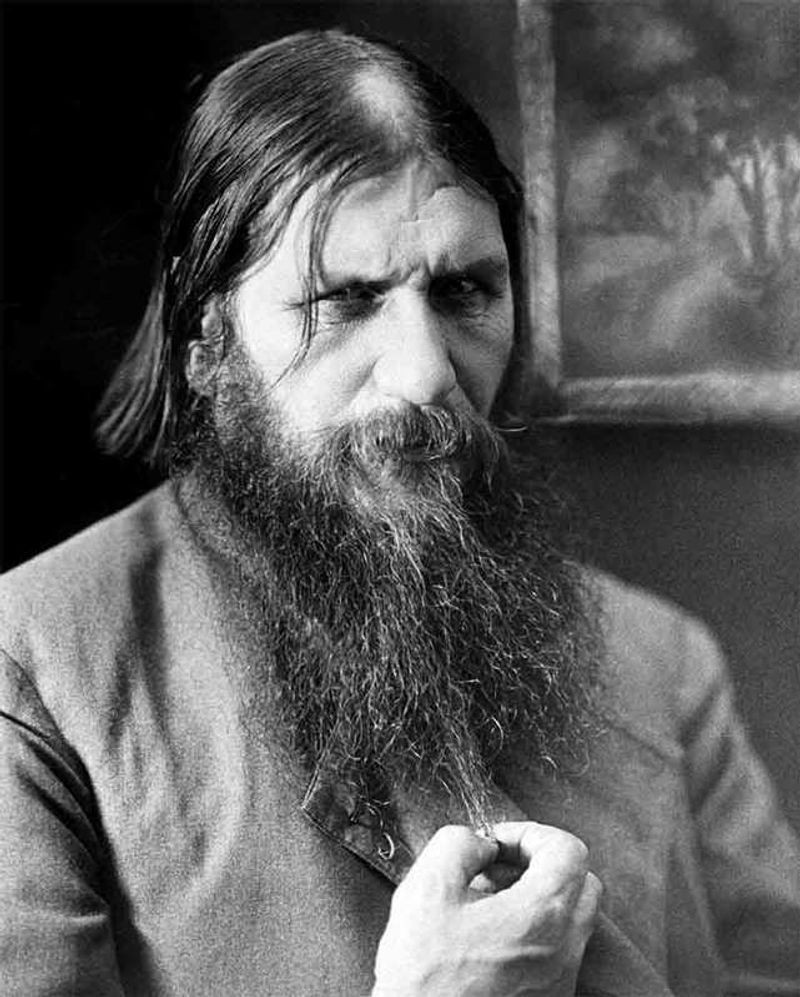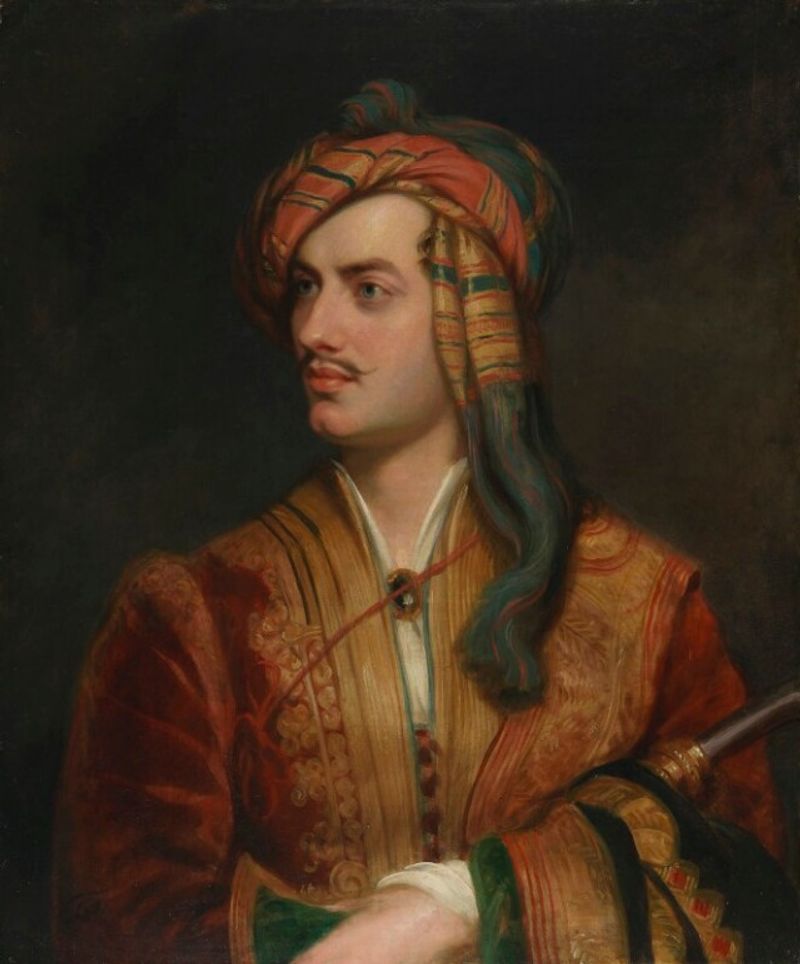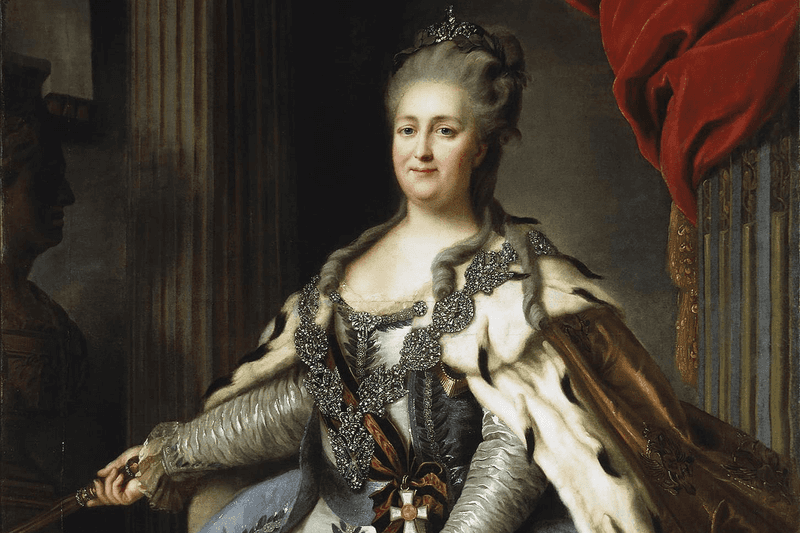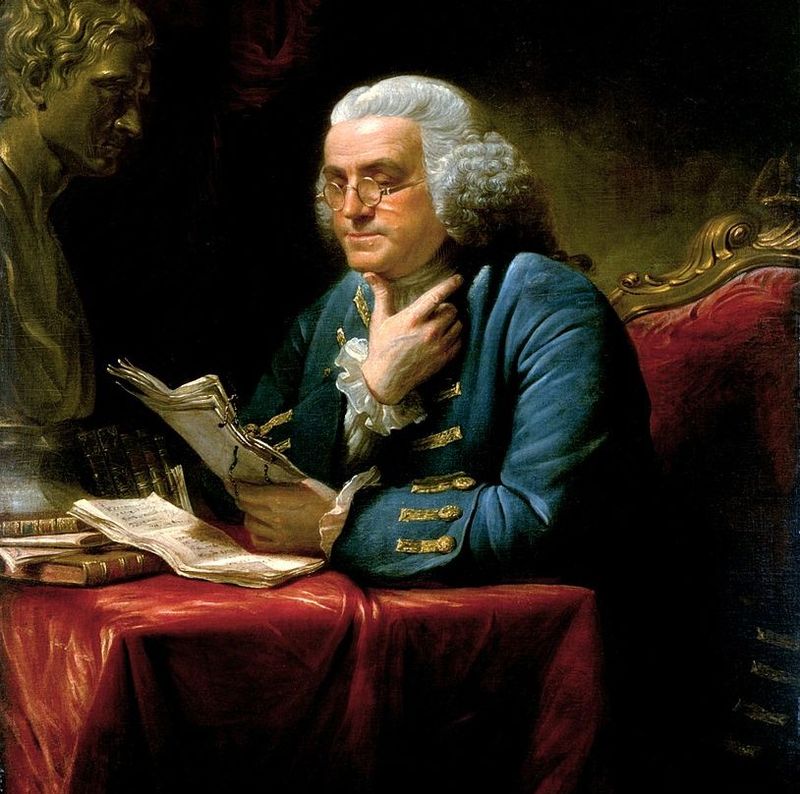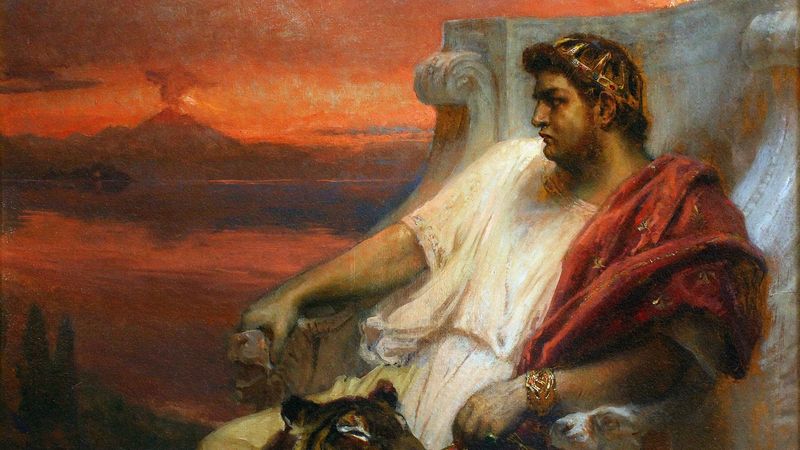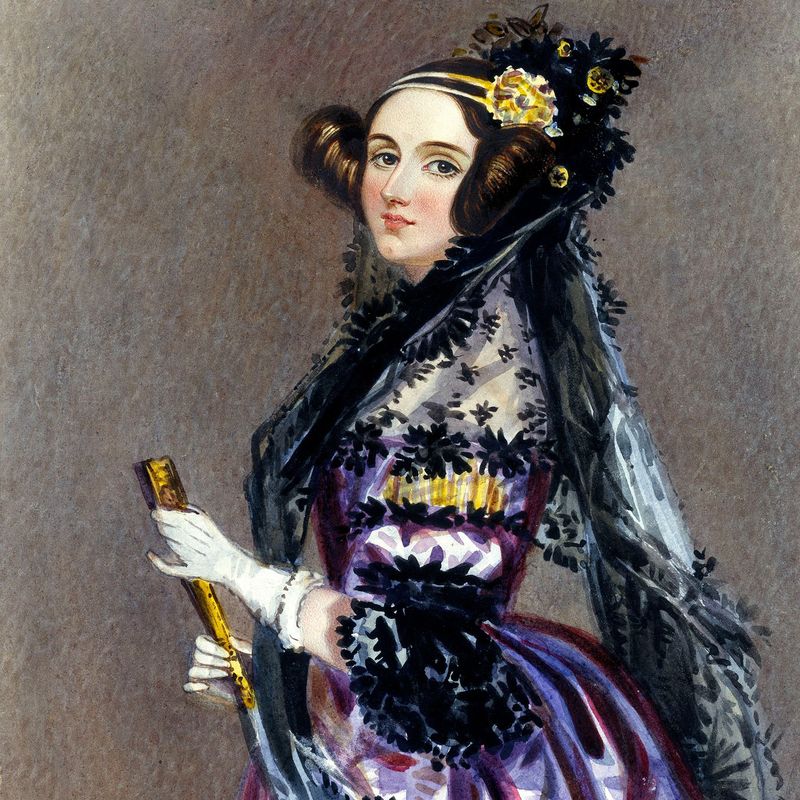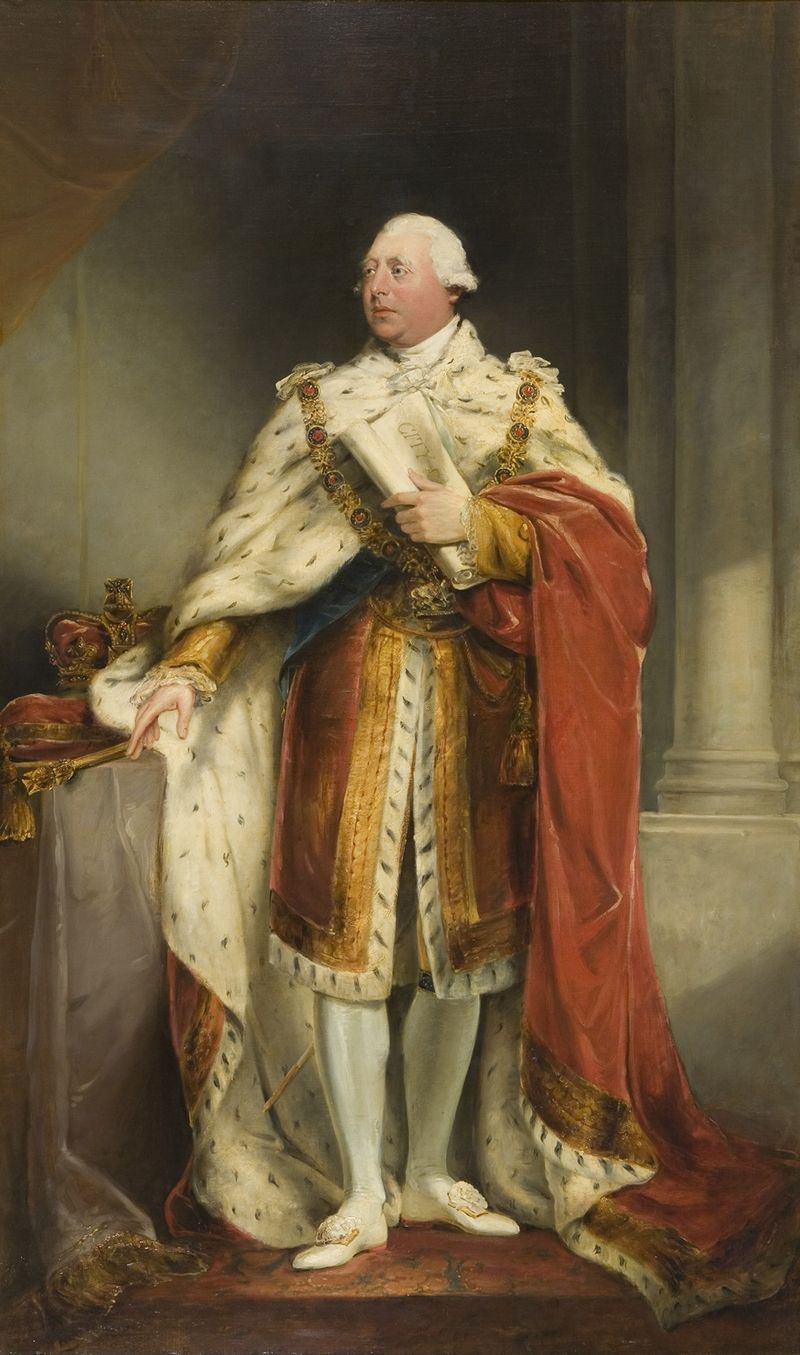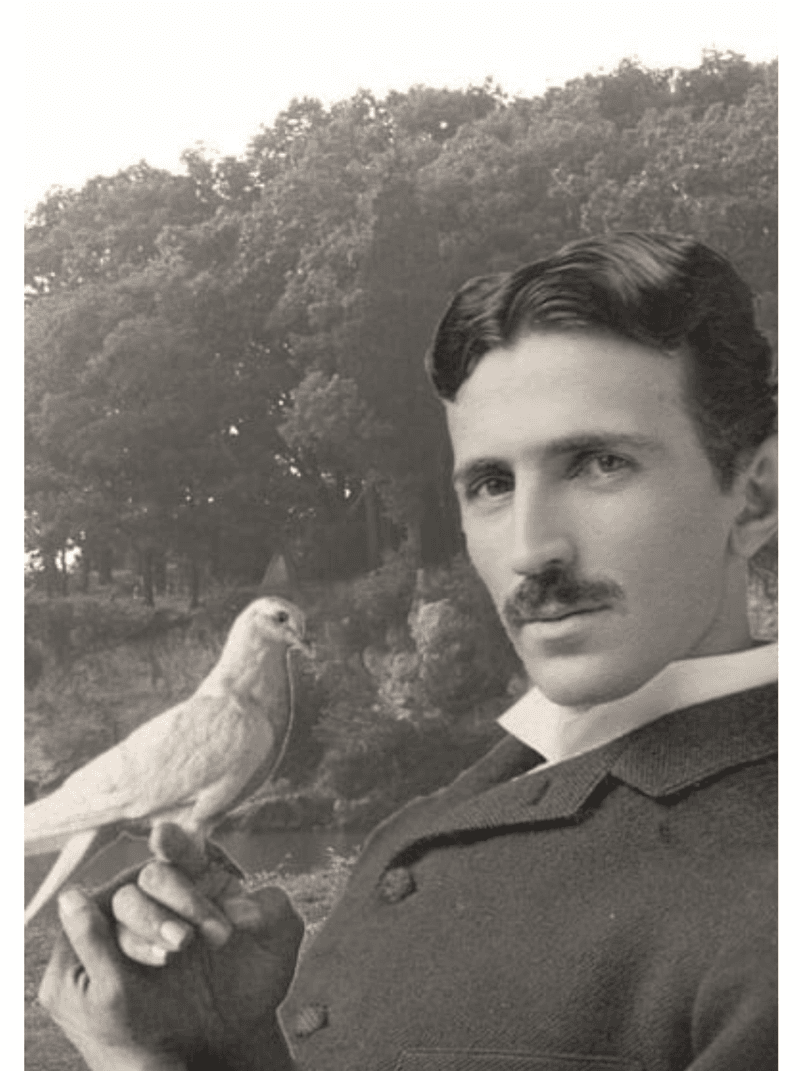Throughout history, many figures have stood out not just for their achievements but also for their eccentricities. Here are 10 historical figures who were way stranger than you think, each offering a unique glimpse into the bizarre side of history.
1. Caligula (Roman Emperor) – The Horse Senator
Caligula, the notorious Roman Emperor, remains infamous for his bizarre actions. His decision to appoint his beloved horse, Incitatus, as a consul shocked many. This was no ordinary favoritism but a testament to his eccentric rule.
Despite this oddity, Caligula’s reign was filled with extravagant and irrational deeds. One such instance was his declaration of war on the sea, commanding his troops to stab the ocean waves and gather seashells as war trophies.
These tales, while seemingly absurd, paint a vivid picture of a ruler consumed by his own peculiar whims and unchecked power.
2. Charles VI of France – The “Glass Delusion” King
King Charles VI of France, known for his debilitating bouts of insanity, believed he was made of glass. This peculiar delusion consumed him with fear that any contact might shatter him.
To protect himself, he wore specially reinforced garments and forbade others from approaching too closely. His reign was marked by this fragile mental state, influencing his decisions as a ruler.
Despite his affliction, Charles managed to maintain his position on the throne, albeit with a peculiar image that has lingered through history as a symbol of vulnerability and fragility.
3. Grigori Rasputin – The Unkillable Mystic
Grigori Rasputin, the enigmatic Russian mystic, was famed for his alleged supernatural resilience. He survived cyanide poisoning, multiple gunshot wounds, and finally being drowned in a frozen river.
His influence over the Russian royal family, particularly Alexandra Feodorovna, was profound. Rasputin’s supposed healing abilities were credited with keeping Tsarevich Alexei alive, making him an indispensable figure.
Though many doubted his mysticism, Rasputin’s charismatic and mysterious persona left an indelible mark on Russian history, symbolizing an era of intrigue and superstition.
4. Lord Byron – The Partying, Pet-Bear-Owning Poet
Lord Byron, the famous English poet, was as known for his flamboyant lifestyle as for his literary achievements. In a defiant act against Cambridge’s pet restrictions, he kept a bear as a companion.
Byron’s eccentricities didn’t stop there. He famously drank from a human skull and swam the Hellespont Strait, viewing these acts as personal challenges.
His legacy as a literary giant is often intertwined with his rebellious persona, making Byron an enduring symbol of romanticism and individualism. His life was a testament to living beyond societal norms, embracing the extraordinary.
5. Catherine the Great – The Fake News Victim
Catherine the Great, Empress of Russia, faced scandalous rumors that overshadowed her significant achievements. Allegations of her demise involving a horse spread like wildfire, tarnishing her reputation.
Despite these fabrications, Catherine’s reign was marked by efforts to modernize Russia, enhance education, and expand the empire. She was a formidable leader whose accomplishments were often overshadowed by baseless gossip.
Catherine’s story serves as a historical reminder of how powerful women were often targeted by scandal, despite their genuine contributions to governance and society.
6. Benjamin Franklin – The Naked “Air Bath” Enthusiast
Benjamin Franklin, one of America’s founding fathers, had a peculiar morning routine. He believed in the health benefits of “air baths,” sitting naked by an open window daily.
Franklin’s eccentricity extended beyond this habit. He authored an amusing essay on the virtues of flatulence and once attempted to electrocute a turkey, believing it would enhance its flavor.
These quirks add a unique dimension to Franklin’s legacy, highlighting his unconventional approach to life and curiosity about the natural world. He remains a figure of innovation and eccentricity in American history.
7. Nero – The “Fiddle While Rome Burns” Emperor (Maybe)
Emperor Nero’s reputation as the despotic ruler who allegedly played music while Rome burned is a tale steeped in debate. Though the accuracy remains questioned, it defines his legacy.
Nero’s reign was marked by numerous peculiarities, from hosting extravagant musical competitions to punishing those who dared to fall asleep during performances.
His eccentric nature and ruthless actions contributed to a legacy shrouded in infamy. Whether or not he truly fiddled during the fire, Nero’s rule remains a symbol of excess and tyranny in Roman history.
8. Ada Lovelace – The Math Genius Who Wanted to Fly
Ada Lovelace, the pioneering mathematician, harbored dreams of flight as a child. Her fascination with engineering led her to design steam-powered flying machines.
While her ambitions in aeronautics were never realized, Lovelace’s work with Charles Babbage laid the groundwork for modern computing. Her vision and mathematical prowess earned her the title of the first computer programmer.
Ada’s imaginative spirit and groundbreaking contributions continue to inspire, transcending her initial dreams to leave a mark on technology and history.
9. King George III – The Mad Monarch Who Talked to Trees
King George III’s reign was marred by periods of mental instability, during which he was known to converse with trees. His belief that an oak was the King of Prussia exemplifies his delusional episodes.
Despite his condition, George’s rule spanned six decades, a period marked by significant political and social changes. His struggles with mental illness were met with harsh treatments like leeching and the use of straitjackets.
His story offers a poignant view into the challenges faced by leaders grappling with mental health, highlighting the human side of monarchy.
10. Nikola Tesla – The Pigeon-Loving, Germaphobe Inventor
Nikola Tesla, famed for his pioneering work in electricity, harbored a deep affection for pigeons. One particular white pigeon held a special place in his heart, which he described as “the one true joy of his life.”
Tesla’s eccentricities didn’t end there. His obsessive-compulsive tendencies were apparent in his aversion to round objects and meticulous rituals, like calculating the cubic volume of his meals.
These quirks, alongside his scientific brilliance, paint a picture of a man driven by passion and peculiar habits, whose legacy continues to electrify the world.
